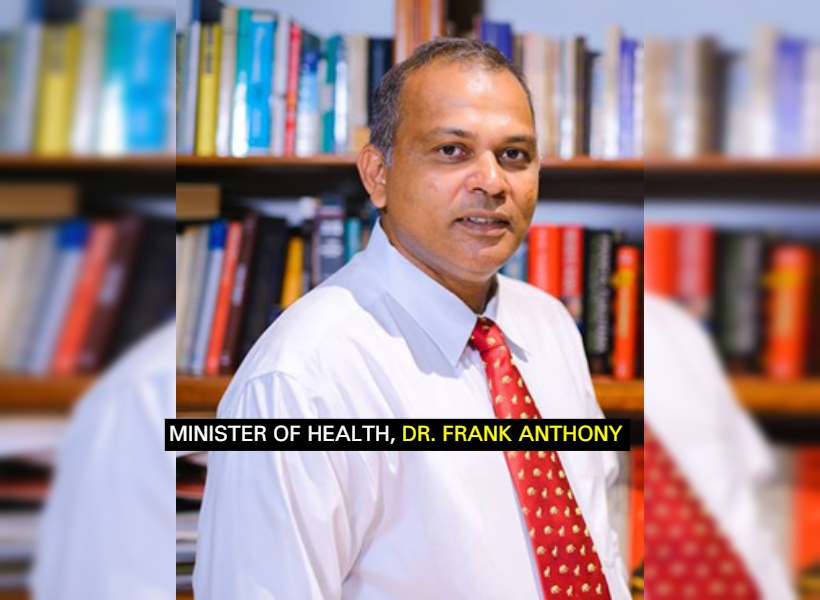Unvaccinated persons tend to experience more complications post-COVID-19 than fully vaccinated patients, says Guyana’s Health Minister, Dr Frank Anthony.
The symptoms that persist beyond infection are what health professionals are calling “Long COVID”, and more than 200 of these symptoms including shortness of breath and cognitive dysfunction have been documented.
During his update today, the minister noted that vaccination, while it is regarded as the only viable means of decreasing the probability of hospitalization and death among the infected, it appears to also mitigate challenges post-infection.
He said the unvaccinated tend to experience more symptoms of long COVID when compared to those who have taken their full regimen of shots.
In touting the importance of vaccination in the fight against COVID-19, Dr Anthony emphasized that there is a noticeable difference in outcomes between unvaccinated and vaccinated patients.
The “clinical picture” of the unvaccinated is much more ominous since they are likely to experience a more severe form of the virus during the “acute phase” of the infection. They are more at risk of hospitalization and death.
The vaccinated, on the other hand, rarely require hospitalization and seldom die because of the immunity boost from jabs. Those who are vaccinated would also suffer the least from COVID-19 triggered damages to organs, as opposed to those who have no pharmaceutical protection.
Therefore, the period of long COVID will ultimately be more problematic for those unvaccinated because they suffered the most trauma during the acute phase.
The minister also spoke about herd immunity and the challenges in achieving it. He said that because of COVID-19 mutations, herd immunity goals tend to shift to accommodate the severity of existing variants and those likely to emerge. He underscored also, that immunity from jabs tend to wane over time and distributing vaccines to boost immunity can impact the country’s move to achieve herd immunity.
“So, we can get those numbers up to the 90s or close to maybe 100 per cent, but after five to six months, immunity starts to wane. And apart from immunity, you have the virus changing or mutating, and that’s why you have various mutations and each mutation displays different characteristics. So, it is probably difficult to achieve herd immunity based on the viral characteristics and, of course, the difficulty in administering vaccines to everyone who should be protected,” he said.













